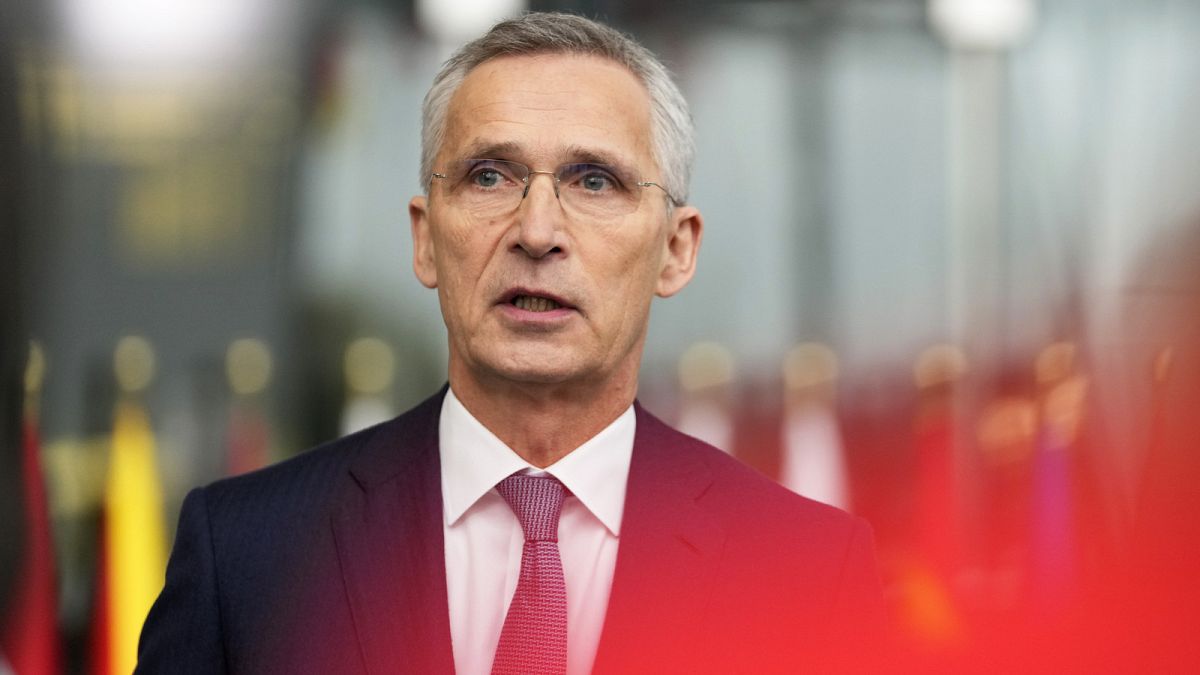NATO is on high alert as recent suspected sabotage operations have been reported across EU and NATO countries. The military alliance’s secretary-general, Jens Stoltenberg, acknowledged the increase in “Russian intelligence activity” and emphasized the need for heightened vigilance. While Stoltenberg did not directly blame the Kremlin for the incidents, he stated that NATO was closely monitoring the situation and stressed the importance of national criminal investigations. The alliance’s services are keeping a close eye on Russian activities and are urging member countries to take action to counter these acts.
Recent incidents of suspected Russian sabotage and arson attempts have raised concerns among NATO allies. The New York Times reported that some of these attacks, including arson attempts in Europe, were believed to be orchestrated by the GRU, Moscow’s military intelligence arm. In Poland, nine individuals were arrested on suspicion of Russian sabotage after arson attempts on various sites. Polish Prime Minister Donald Tusk stated that suspects, including Ukrainian, Belarusian, and Polish citizens, had engaged in acts of sabotage on behalf of Russian services, such as arson and attempted arson. Similar incidents were reported in Lithuania, Latvia, and potentially Sweden, raising fears of Russian operations in the region.
Furthermore, in Germany, two German-Russian nationals were arrested for planning bombings and arson attacks against critical infrastructure and military bases. The United Kingdom also saw arrests after an arson attempt on a Ukraine-linked business on an industrial estate in east London. Concerns have been raised about Russia’s attempts to destabilize and intimidate European countries through such hybrid acts. NATO allies are urged to work together to protect vital infrastructure, including electricity and water supplies, against potential threats. EU defense ministers, including the Netherlands’ Kajsa Ollongren, highlighted the importance of cooperation between partners, industry, and security services to safeguard against such attacks.
Despite the growing number of incidents, the bloc’s top diplomat, Josep Borrell, stated that there is currently no evidence to directly incriminate Russia for these attacks. The suspected sabotage operations have put NATO on edge and highlighted the need for increased vigilance and cooperation among allies to counter hybrid threats. As Jens Stoltenberg prepares to step down from his role as NATO secretary-general in October, the alliance remains on high alert, closely monitoring Russian intelligence activities across member countries. The recent incidents of suspected Russian sabotage have prompted calls for national criminal investigations and enhanced sharing of intelligence to protect NATO allies from potential threats aimed at undermining their ability to support Ukraine.
In conclusion, the recent suspected sabotage operations across EU and NATO countries have raised concerns about Russian intelligence activities and potential threats to vital infrastructure. NATO allies are urged to increase vigilance and share intelligence to counter hybrid threats effectively. As the alliance remains on high alert, it is essential for nations to take action and conduct criminal investigations to address these acts of sabotage and arson. By working together and cooperating with industry and security services, NATO countries can better protect themselves against potential Russian operations aimed at destabilizing and intimidating European countries.









